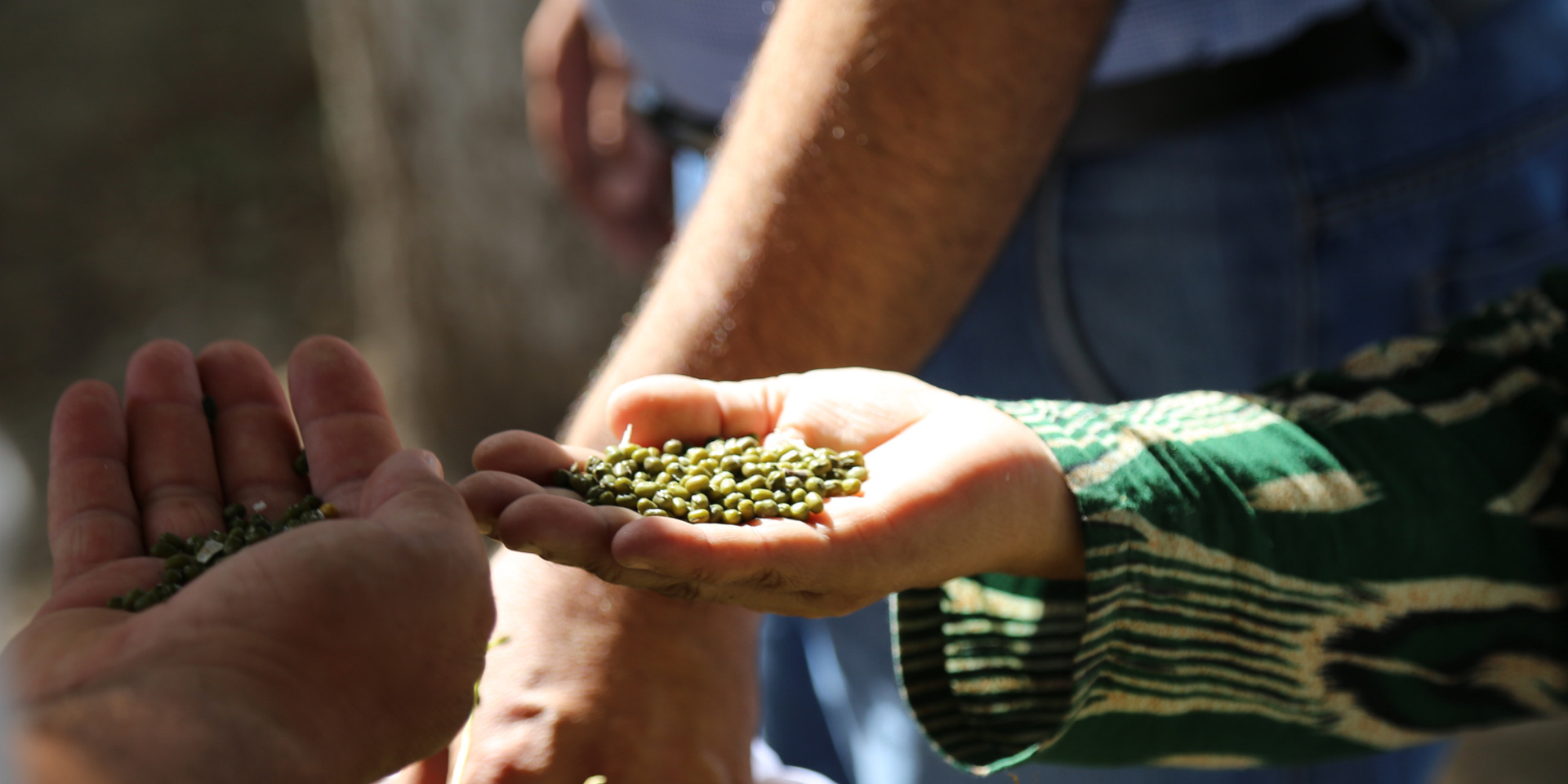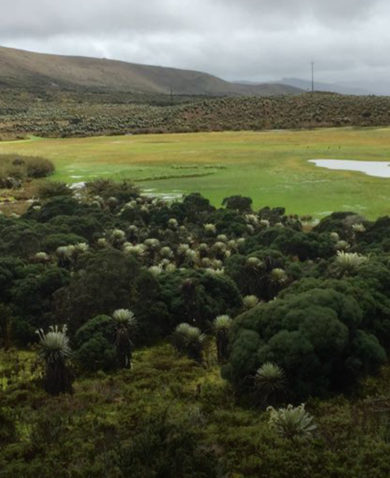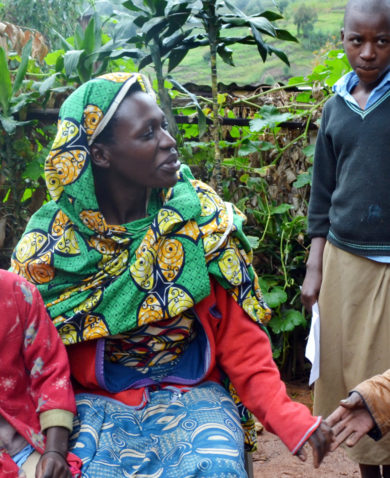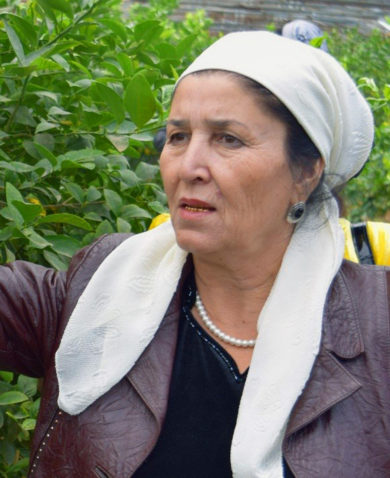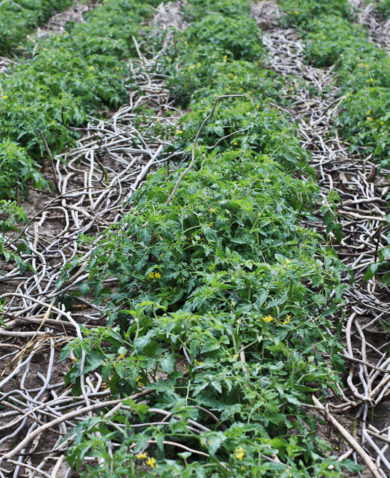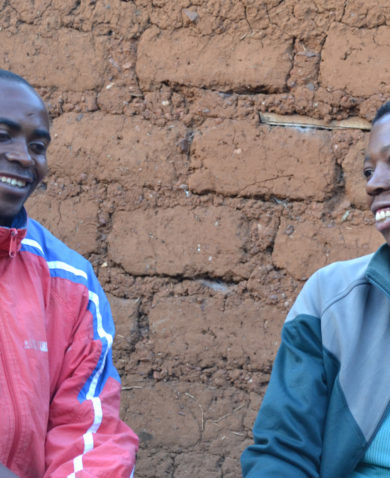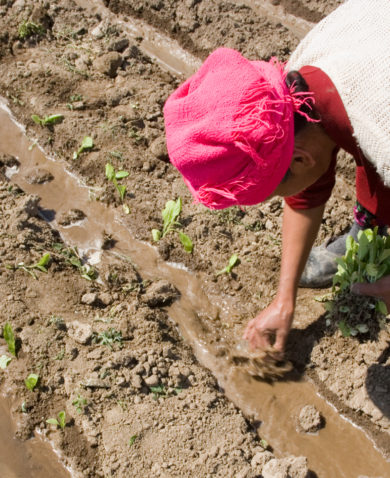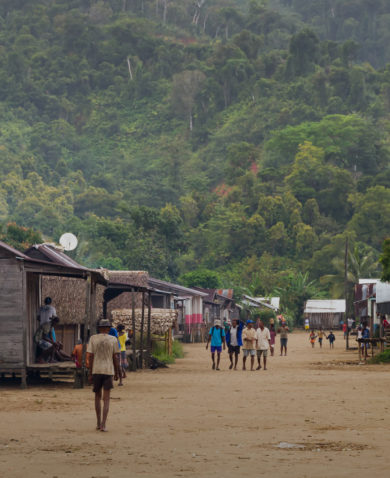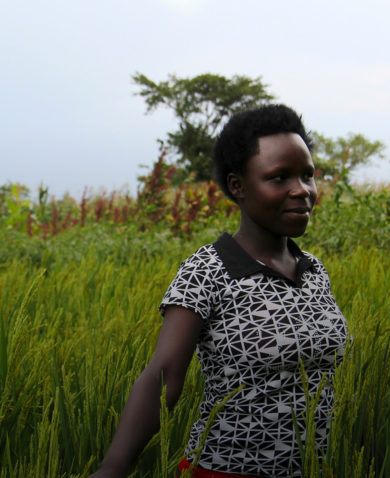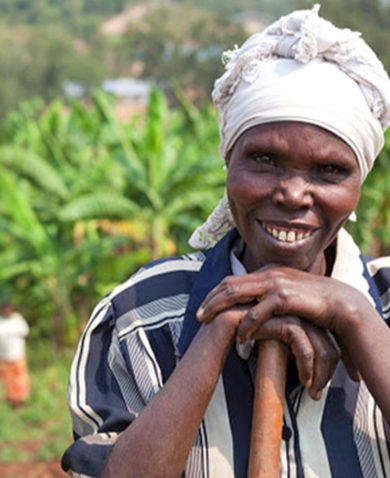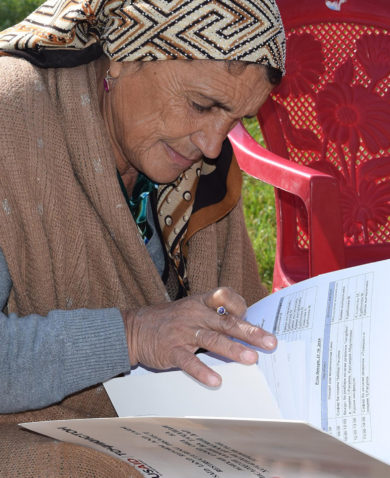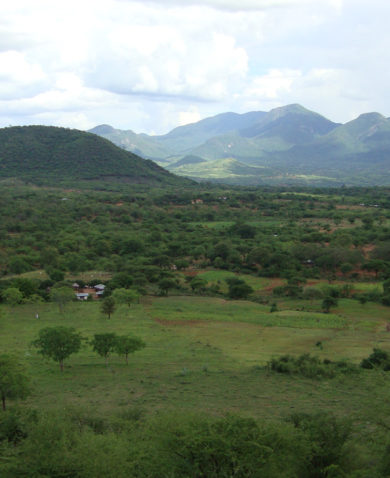For many people, land is not merely a source of survival; it also evokes a deep sense of community, identity, history, and belonging. In Tajikistan, land is owned by the state, and citizens must apply for “use rights” to farm it. Even if farmers are successful, those rights can later be confiscated without warning. This tenuous connection to the land makes farmers reluctant to invest in it, whether by diversifying their crops or by purchasing irrigation systems, fertilizers, or pesticides.
As a result, farms across Tajikistan are underdeveloped. This has major implications for nutrition and health, as well as the national economy. For example, a recent UNICEF report shows that under-nutrition costs Tajik farmers $41 million in lost productivity and accounts for 35 percent of deaths of children under 5 years of age. Recognizing these challenges, the Tajik government has identified agrarian reform — especially expanding land rights for its citizens — as a top priority.
To strengthen land rights and spur agricultural development, farmers and local government officials alike need to understand and respect land rights under the law. To these ends, the Tajik government has been working with the USAID-funded Land Reform and Farm Restructuring Project (LRFRP), implemented by Chemonics, to improve land legislation and build capacity to implement and monitor land reforms. Chemonics has also been building the capacity of civil society to monitor land reform and, importantly, educating farmers about current land rights and how to navigate the land-use registration system.
Adolat Hasanova is just one of tens of thousands of farmers who have benefited from LRFRP land-use rights training sessions. Laboring for years on a vast farm cooperative, she used to spend 12 hours a day in the fields with just one 15-minute break. Eventually, she decided to take control of her life and start her own farm. But she ran into problems because of her sex when the town council deemed her “unqualified” to own land and denied her application.
“The chairman threw away my papers and told me to go away … I thought, ‘I’m a woman and a mother, and he’s mistreated me and disrespected me. I have to prove that I can achieve success,’” she said.
Adolat attended LRFRP-sponsored training at a nearby legal aid center, where she learned about her land-use rights. She also met an LRFRP-trained legal advisor who advocated on her behalf at council meetings and helped her with necessary paperwork. Armed with her new knowledge and legal support, Adolat returned to the city council and got her farm. She now employs 16 women and can afford to send her son to college.
“When women have more rights to land, there are cascading benefits for food security and poverty reduction. We have seen this first hand in Tajikistan,” said Anne Aarnes, USAID mission director. “When women gain freedom to farm, they grow healthier food for their families. They plant crops that last more than one season because they have faith that the land will still be theirs when the crops mature.”
While USAID and Chemonics continue empowering farmers like Adolat, the Tajik government is collaborating with LRFRP to build the capacity of local officials to implement the country’s land reforms. Recently, LRFRP trained directors and inter-district bureau employees of the State Registry (the Tajik body that registers companies, land, and natural resources) on a new immovable property registration process.

